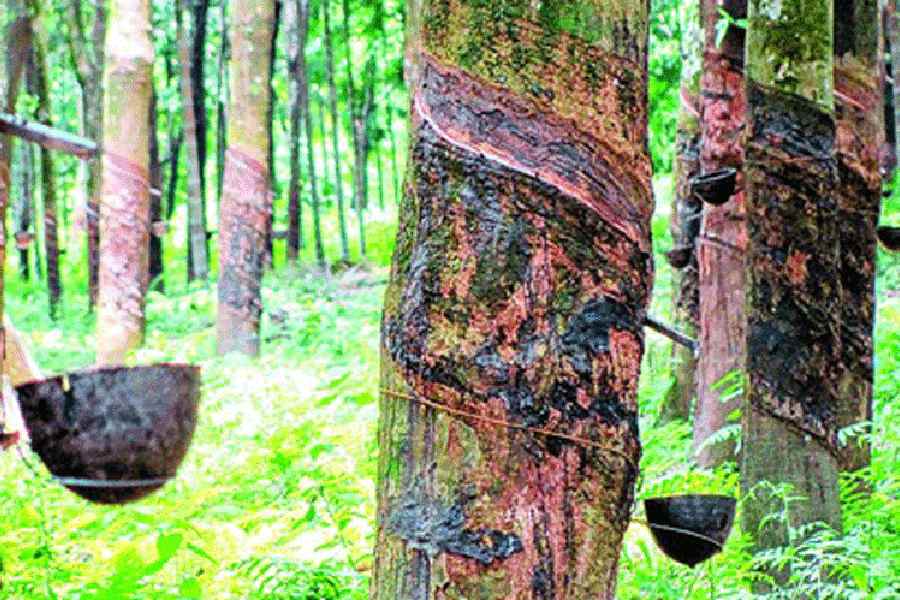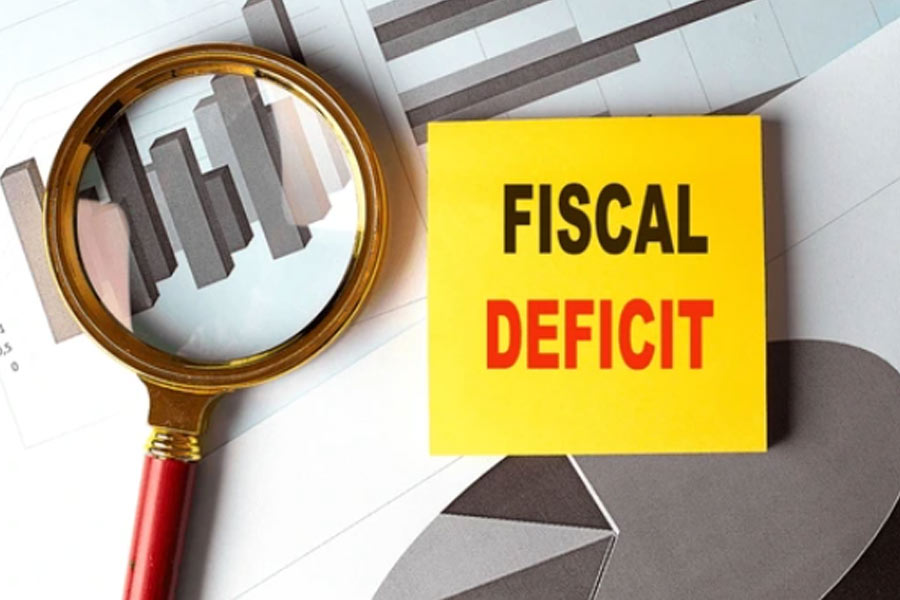The Rubber Board under the Union ministry of commerce and industry has set an ambitious target of setting up rubber plantations on 10,000 hectares of land across north Bengal in next two years to augment rubber production in the country.
Senior board officials said they would spend around Rs 50 crore in the two years to develop plantations on the 10,000 hectares.
“In India, the annual demand for rubber is around 12.5 lakh metric tonnes while the national annual production, these days, is between seven to eight lakh metric tonnes. Most of it is used in the automobile sector. As we have to import rubber to meet the demand, an initiative has been taken to raise production. North Bengal land and climatic conditions favour rubber cultivation,” said Sawar Dhanania, the chairman of the rubber board.
Dhanania inaugurated the north Bengal regional office of the board here on Monday and interacted with interested farmers.
“There are patches of land where tea bushes can’t grow but rubber trees can. Once a sapling is planted, it would take six years to grow and the latex can be collected from then for around 35 years. Also, in these six years, cross-production like cultivation of spices can be carried out in such land,” he added.
In north Bengal, a rubber research centre was set up by the board in 1991 at Nagrakata block of Jalpaiguri.
“There are rubber plantations on 1,111 hectares but rubber is produced only in around 530 hectares. There are stretches of infertile land where cultivation can start,” said Gouridas Goswami, development officer of the research centre.
Under the initiative, farmers will be trained, given financial aid and saplings. “The board will engage multi-purpose cooperative societies to buy back rubber once production starts,” said Goswami.










